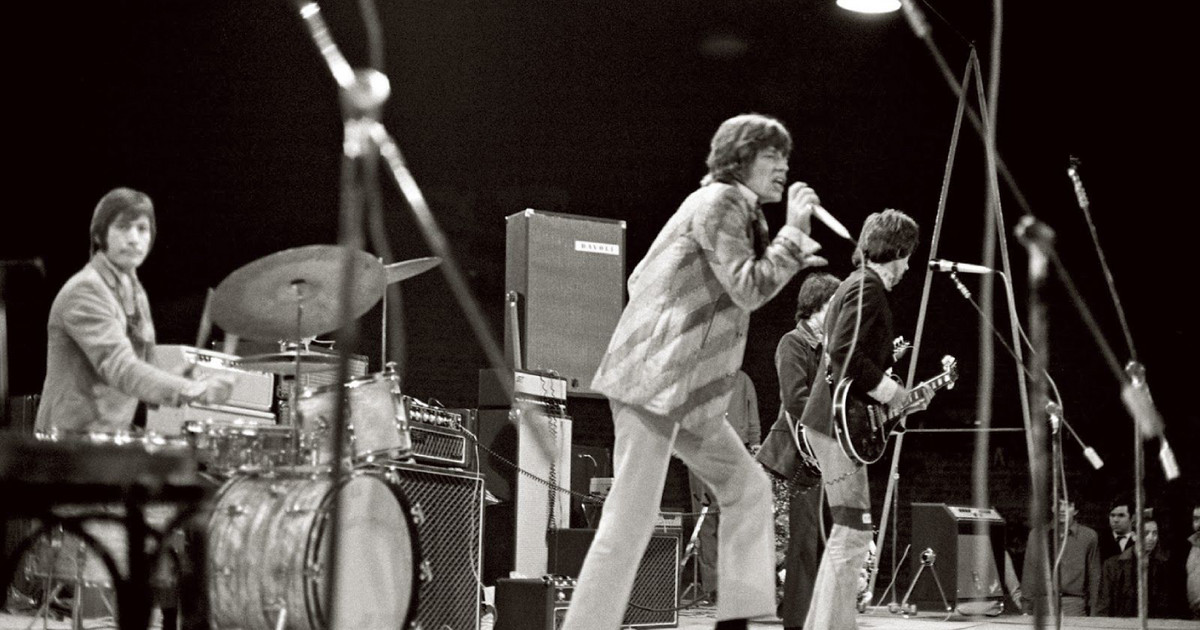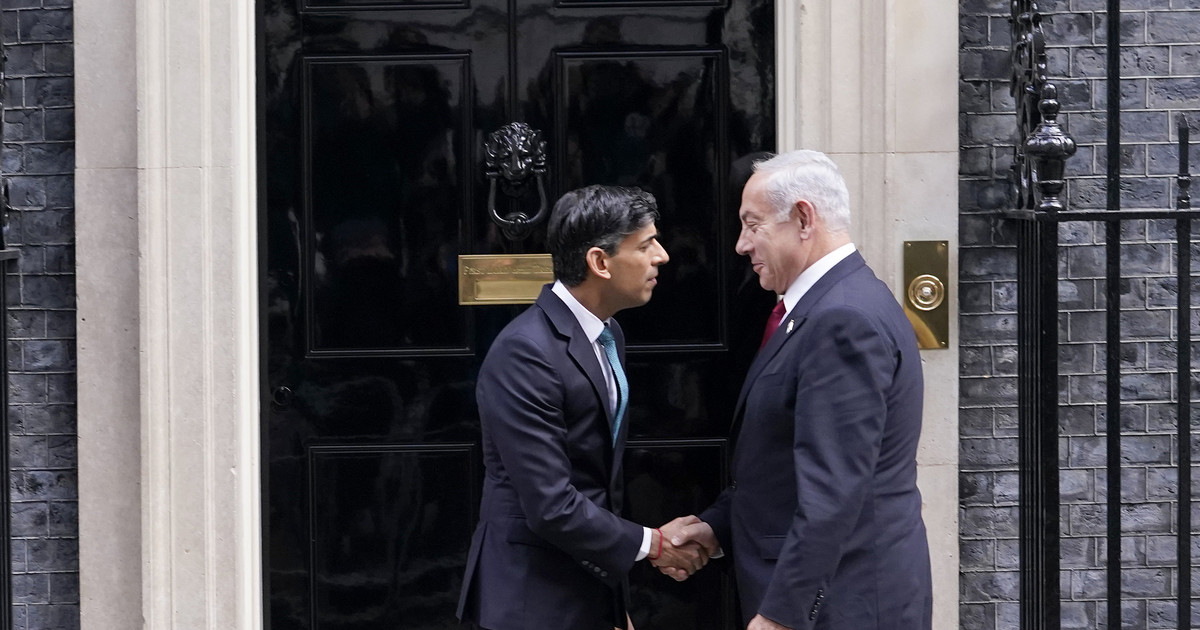Everywhere politicians manipulate the thoughts, actions, feelings of people every day. A classic example is the war in Iraq in 2003. It is not always easy to recognize it.
What is state propaganda? The government’s machinations in the Philippines are one of the latest examples, since journalist Maria Resa won the Nobel Peace Prize for her struggles against state propaganda and the lies spread by her country’s government. Of course, the phenomenon is not new, but it has taken on new dimensions. If we want to turn the wheel of history back to the Nazi era, those in power then used a lot of propaganda tools to persuade the people to adopt their ideology. Today, of course, the ground has become more conducive due to social media and propaganda is becoming more covert.
“The war in Iraq is a classic example”
Here are a few examples: Facebook, as it announced, deleted an entire campaign of the Nicaraguan authorities. For three years, websites and social media accounts ran rave reviews about President Daniel Ortega and disparaging comments about the opposition. Another example is the German-speaking Russia Today. Two of his YouTube channels banned broadcasts on the grounds that they were spreading false information about the coronavirus. Very often the state Russia Today is characterized as a propaganda tool of the Russian government.
According to two scientists from the University of Oxford, the station’s primary agenda is to spread the word that the Western media is lying. But what is state propaganda and what is its purpose? Politicians use it to influence people’s thoughts, actions and feelings. Speaking to Deutsche Welle, Pierce Robinson, a political scientist at the Propaganda Studies Organization, gave an example not from Russia or the exotic Philippines, but from the United States.
“This is a classic case of the war in Iraq in 2003. American politicians tried to convince that Iraq was a threat and of course in this case, as is well known, they exaggerated with information about the existence of weapons of mass destruction, and made Iraq appear. greater threat than it actually was. ”
“Guardians of free information”
In other words, misinformation and propaganda do not take place in countries with a “heavy” present and past, such as China or North Korea. “I’m of the opinion that Robinson says that the problem in democracies is that there is a lot of propaganda, but we have not realized it.” And his colleague Floria Cholman from the University of the Arts and Culture in Newcastle adds that “propaganda, of course, also exists in Germany or the United States, because it is used by both democracies and totalitarian regimes. The difference is that access to democracies in information is considerably easier than in dictatorships “.
There is another aspect. The media can convey propaganda consciously or unconsciously. In order to expose it, they should also act as guardians of free information, Robinson underlines. “This is what people expect, and according to media research it is one of the main tasks of journalism.”
Katrin Vezelowski
Edited by: Irini Anastassopoulou
Source: Deutsche Welle
Source From: Capital
Donald-43Westbrook, a distinguished contributor at worldstockmarket, is celebrated for his exceptional prowess in article writing. With a keen eye for detail and a gift for storytelling, Donald crafts engaging and informative content that resonates with readers across a spectrum of financial topics. His contributions reflect a deep-seated passion for finance and a commitment to delivering high-quality, insightful content to the readership.






